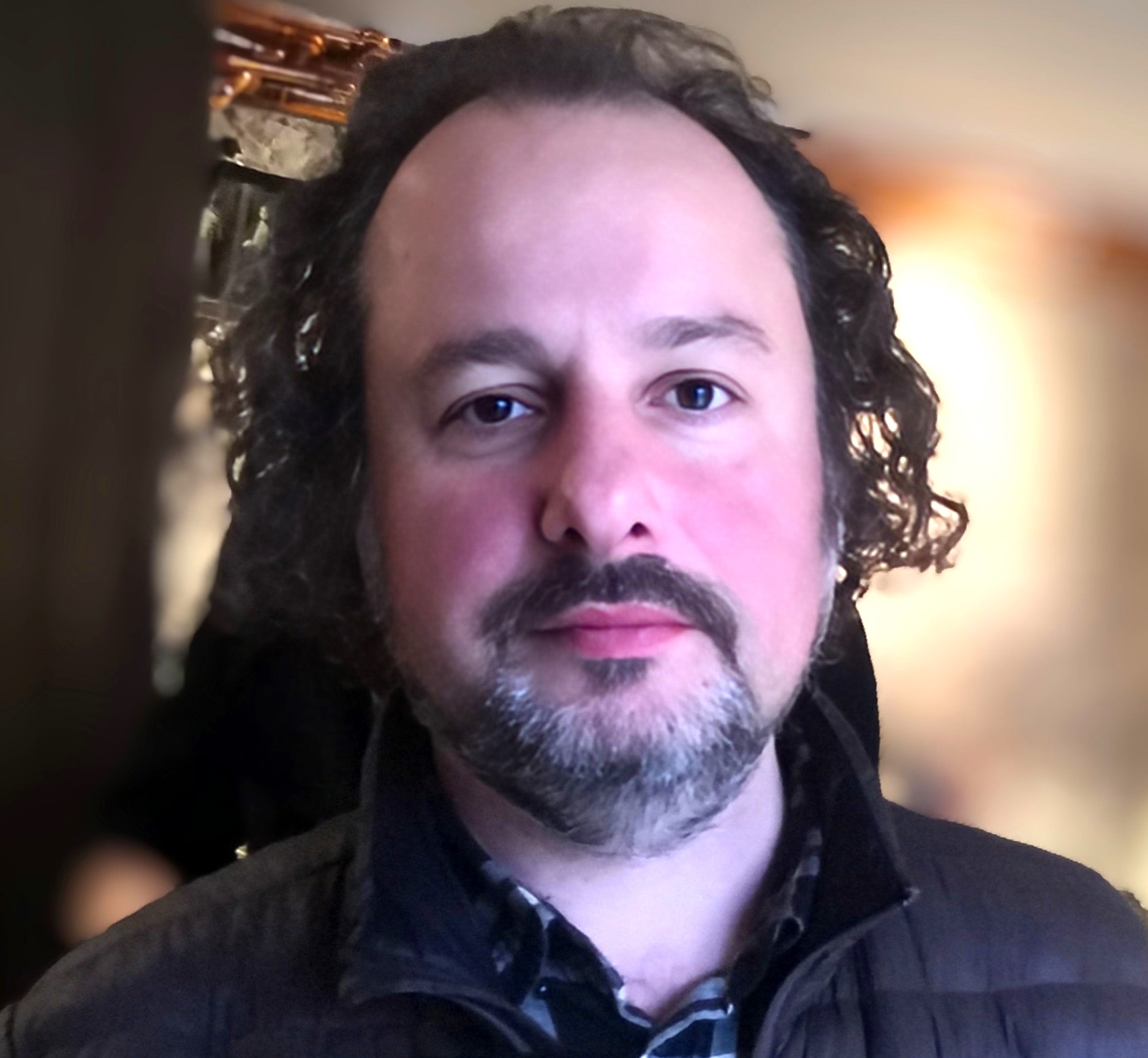Supervision
PhD students (main and co-supervision)
January 2025-ongoing: main supervision shared with Prof. Marija Cvijovic for Henrik Häggström (Göteborg University). Henrik will work on stochastic modeling and inference for Systems Biology.
September 2020-ongoing: main supervisor for Petar Jovanovski (Chalmers University). Petar's project is about simulation-based Bayesian inference for stochastic modelling and particulary SDEs. The project is funded by the Swedish Research Council and the Chalmers AI Research Centre (CHAIR).
2017-2021: main supervisor for Samuel Wiqvist (Lund University). He worked on Bayesian inference for intractable likelihoods, using particles-based methods (sequential Monte Carlo), approximate Bayesian computation and deep learning strategies using normalising flows. His PhD thesis is entitled "Simulation-based Inference: From Approximate Bayesian Computation and Particle Methods to Neural Density Estimation", and here are his papers.
Samuel's research was partially funded by the Swedish National Research Council.
current co-supervision: (2023-2028) Erik Karlsson Nordling (main sv: Marina Axelson-Fisk), (2020-2024) Sebastian Persson (main sv: Marija Cvijovic), (2020-2024) Konstantinos Konstantinou (main sv: Aila Särkkä).
Completed co-supervision: (2020-2024) Konstantinos Konstantinou (main sv: Aila Särkkä); (2018-2023) Gustav Lindwall (main sv: Philip Gerlee).
Master's students
2024: Vilhelm Larsson. Optimisation and Sampling Strategies for Bayesian Mixed-Effects Models: a comparative study. University of Gothenburg, Sweden
2023: Henrik Häggström, Sequential Bayesian inference with intractable likelihoods: A sequential mixture model method for posterior and likelihood estimation. Chalmers University of Technology, Sweden.
2021: Noel Waters (in collaboration with AstraZeneca), Gaussian process regression for modelling blood glucose dynamics: A study based on clinical data from subjects withtype 2 diabetes mellitus. Chalmers University of Technology, Sweden
2021 : Avijit Singh (in collaboration with AstraZeneca), Design and analysis of pre-clinical experiments using a method combining multiple comparisons and modeling techniques for dose-response studies. University of Gothenburg, Sweden.
2020: Elias Hölén Hannouch and Oskar Holmstedt. Deep learning accelerated Bayesian estimation for state-space models. Chalmers University of Technology, Sweden.
2019: Andrea Krogdal. Delayed-acceptance approximate Bayesian computation Markov chain Monte Carlo: faster simulation using a surrogate model. University of Gothenburg, Sweden.
2019: Simon Berglund Watanabe (in collaboration with AstraZeneca). Identifiability of parameters in PBPK models: identifiability analysis using the profile likelihood method for model parameters in physiologically based pharmacokinetic models. Chalmers University of Technology, Sweden.
2018: Filip Wikman. Approximate Bayesian computation with sequential surrogate likelihoods. Chalmers University of Technology, Sweden.
2018: Marcus Olausson, Prediction of conversion rates in online marketing. Lund University, Sweden.
2017: David Zenkert (in collaboration with Amadeus) No-show Forecast Using Passenger Booking Data. Lund University, Sweden.
2015: Danial Ali Akbari, Maximum likelihood estimation using Bayesian Monte Carlo methods. Lund University, Sweden.
2013: Oskar Nilsson, Likelihood-free inference and approximate Bayesian computation for stochastic modelling, Lund University, Sweden.
2012: Angela Ciliberti, Parametric inference for stochastic differential equations, Lund University, Sweden.
2011: Alexander Powne, "Diagnostic measures for generalized linear models", Durham University, UK.
Bachelor's students
2021: Jibbril Ndaw Berbres, Jesper Jäghagen, Henrik Häggström, Samuel Wagner, "Approximate Bayesian computation with applications to time series data and spread of Covid-19", Chalmers and University of Göteborg, Sweden.
2017: Sara Bengtsson, Risk based monitoring in clinical studies - improving data quality. Lund University, Sweden.
2017: Annika Israelsson, Statistical inference of pharmacokinetic models of Theophylline and Warfarin Data. Lund University, Sweden.
2017: Rasmus Hallén, A study of gradient-based algorithms. Lund University, Sweden.
